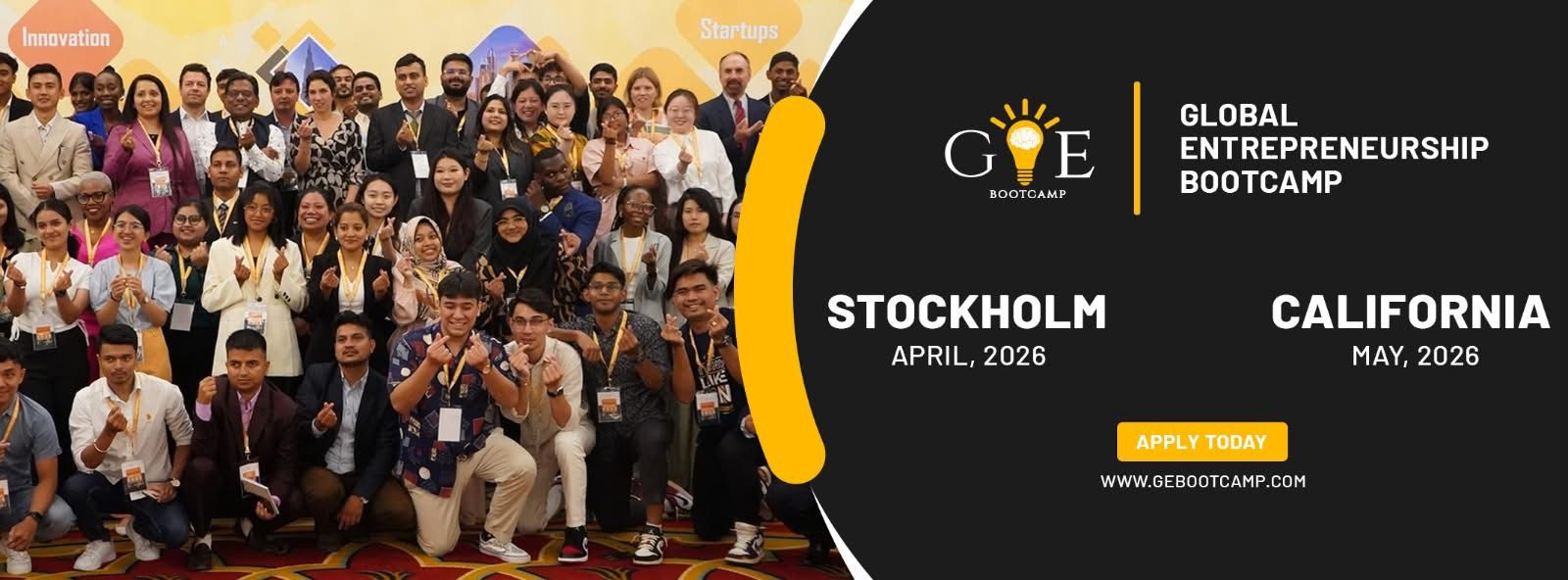Eligibility
- Organizations/NGOs, academic institutions, and private companies that have projects or initiatives that fit the selection criteria are eligible to apply for the DT4A Innovation Challenge.
- Applicants must have the support of local authorities (municipalities). Also, providing letters of support from city representatives is highly recommended.
- Furthermore, applicants must be from Africa or working in Africa.
- Moreover, only one application per organization can be submitted.
Click: United Nations Graduate Study Program
Organizations, including non-profits, academic institutions, and private companies must:
- Be a non-profit, non-governmental organization, or private company and be officially registered where you operate
- Have a total annual operating budget of more than US$20,000
- Be able to complete an Organizational Capacity Assessment, containing questions on organizational governance, internal controls, accounting, audit resolution, and technical capacity, in English or in French, as well as receive a medium to low-risk rating.
- Be able to provide the most recent annual audit of your organization. If you do not have an audit, you must provide the following three documents:
- A balance sheet for the most recent year and the previous year
- An income statement for the current and previous year
- A cash flow statement for the current and previous year
- Moreover, have at least one key project person with professional working proficiency in English or in French (oral and written), in order to be able to submit narrative and financial progress reports and communicate regularly with WRI staff.
Evaluation Criteria
Applicants will need to meet the following criteria to be one of the finalists:
- Demonstrate a strong understanding of DT4A’s objectives and clearly articulate how the innovation/initiative aligns with the DT4A Innovation Challenge.
- Describe clearly what the innovation is as well as how it is filling a need/gap in the city/community particularly for underserved groups/vulnerable communities.
- Also, explain how the innovation is utilizing open-source transit data, tools, and applications.
- Describe the impact of the proposed initiative/innovations on sustainable urban mobility in accordance with SDG 11 and the four policy goals (universal access, efficiency, safety and green).
- Describe the scalability of the innovation/initiative to other geographies.
- Explain how the grant will be used within the given timeline as well as justify its feasibility
- Moreover, provide a letter of support from a relevant government agency.
To apply for the DT4A Innovation Challenge the applicant must register on the application portal to complete the online form.
Follow the link below to find instructions on how to apply for the innovation grant and begin the application process. You may also upload photos, videos, and any other supporting documents to support your application.
Fully Funded opportunity: BI Presidential Scholarship in Norway 2022
Selection Criteria
The DT4A Innovation Challenge invites applicants to submit proposals under three main activity areas. Applicants can apply for one of the following activities:
- Tech, Application, And Tools Development
- Capacity Building
- Research And Analysis
Initiatives should demonstrate their alignment with and progress towards achieving SDG 11.2 and the Sustainable Mobility for All vision:
- Universal Access: Connecting all communities, with an emphasis on vulnerable groups including women and children, people living with disabilities, and those living in extreme poverty, to the necessary opportunities and resources of urban life.
- Efficiency: Improving the reliability, affordability, and quality of public transport services inclusive of all formal, semi-formal, and informal transit providers.
- Safety: Greatly reducing traffic-related fatalities, injuries, and crashes.
- Green: Minimizing the negative environmental impact of mobility, which includes greenhouse gas emissions and air pollution.


